In the first two parts of our series on data provenance, we set out to define some key terms related to data and trust. Part 1 focused on Asset Grade Data (AGD), an entirely new class of trusted data that is so pedigreed, provenanced, proofed, auditable, and immutable that it becomes beyond reproach and is elevated to the level of an asset itself. Part 2 extended those principles and applied them to the concept of Ground Truth: point of origin instrumentation data with the highest possible levels of persisted pedigree, provenance, and security.
This third and final part will evidence the way Context Labs (CXL) and Spherical | Analytics (S|A) have applied those principles of AGD and Ground Truth towards different projects and programs.







